October 15, 2015
New research uncovers hours lost due to bad tech, meetings and distractions 0
 According to the Productivity at the Office report published this week by comms firm Jabra, UK businesses are continuing to find the creation of a productive workplace challenging. According to the study, although businesses are investing proactively in time and tools for skilled professional office-based staff to effectively collaborate and concentrate with each other, employees continue to face up to 17 different distractions throughout each working day, attend unproductive meetings and struggle to use technology that was originally intended to improve productivity. Amongst the key findings of the report are that 36 percent of respondents think office meetings diminish productivity, 46 percent think noise levels are the most distracting issue in the office and 28 percent are annoyed by too many emails, though 78 percent would rather send an email than make a call to resolve an issue.
According to the Productivity at the Office report published this week by comms firm Jabra, UK businesses are continuing to find the creation of a productive workplace challenging. According to the study, although businesses are investing proactively in time and tools for skilled professional office-based staff to effectively collaborate and concentrate with each other, employees continue to face up to 17 different distractions throughout each working day, attend unproductive meetings and struggle to use technology that was originally intended to improve productivity. Amongst the key findings of the report are that 36 percent of respondents think office meetings diminish productivity, 46 percent think noise levels are the most distracting issue in the office and 28 percent are annoyed by too many emails, though 78 percent would rather send an email than make a call to resolve an issue.








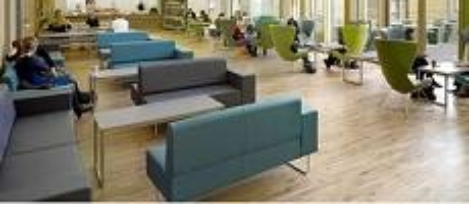
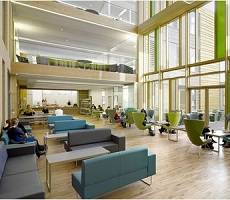

 This week the UK’s Health Secretary found himself at the centre of a storm because of
This week the UK’s Health Secretary found himself at the centre of a storm because of 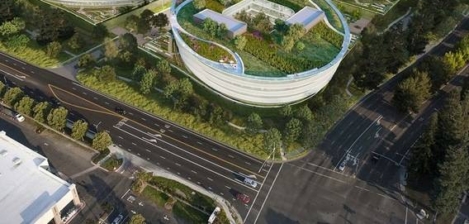
 According to a report published in the
According to a report published in the 
 According to an analysis of the just-released 2014 American Community Survey (ACS) conducted by
According to an analysis of the just-released 2014 American Community Survey (ACS) conducted by 



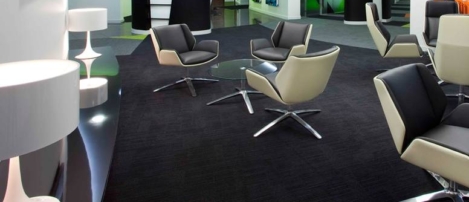
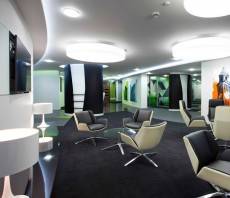















October 14, 2015
Sitting down is no worse than standing for long periods, claims new study 0
by Mark Eltringham • Comment, News, Wellbeing, Workplace design
(more…)